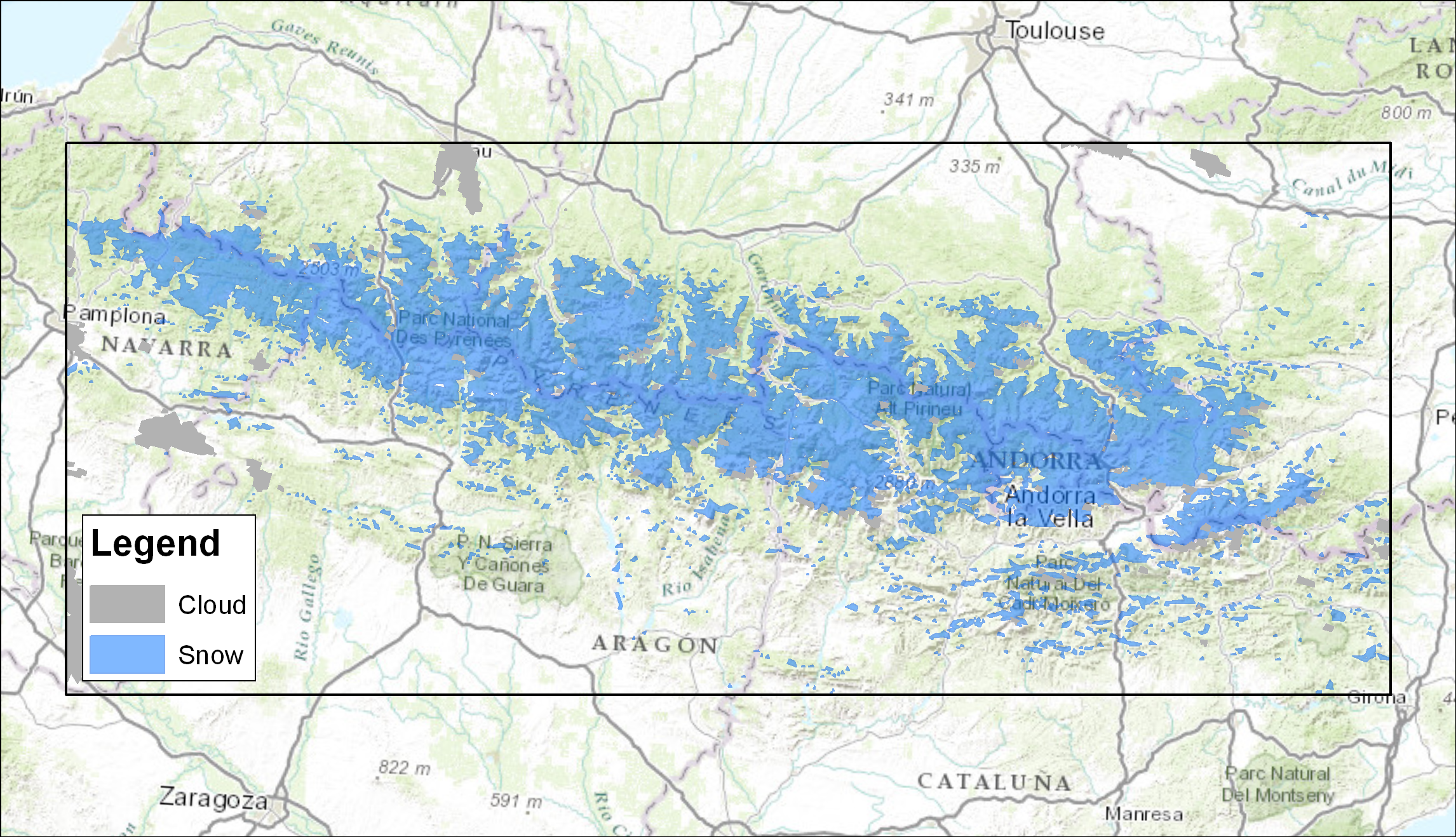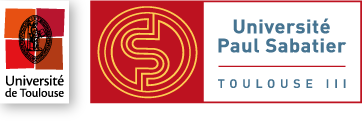PEPS et Theia

- Theia a publié un nouveau bulletin d’informations, dans un format très pro, esthetique et bien agréable à lire.
- PEPS a commencé à relayer les données Sentinel-2, sur le monde entier. PEPS est le « Segment sol collaboratif » français, qui fournit un miroir de toutes les données Sentinel acquises dans le monde. Vous y trouverez probablement une bande passante plus importante, et une interface plus agréable que sur le site Scihub. Les données, elles sont identiques. Elles sont mises à jour en quelques heures.

- Theia just issued its newsletter, in a new, beautiful and easy to read format (but in French).
- PEPS started re-distributing Sentinel-2 data, over the world. PEPS is the French « Sentinel Collaborative Ground Segment », which provides a mirror of all the Sentinel data available over the world. Your downloads will probably be quicker and the interface is really easy even to make automatic downloads. The data are identical to those of Scihub, and are updated in a couple of hours.








